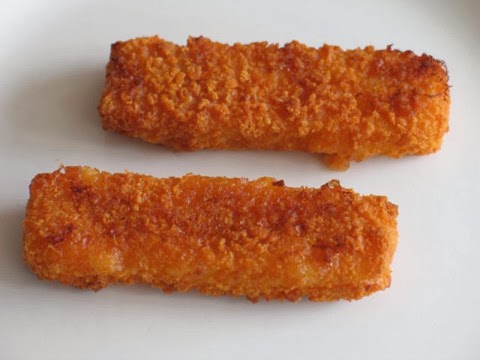My favourite line read last week was: ‘becoming a robot
astronaut-ballerina is no easy feat. It requires years of study and practice,
flexibility creativity and a willingness to become part-machine’. These were
the words that opened up an article in the University of Texas online journal –
Inquiry. The story was of Kimberely Shashoua, a social work student who has
been evaluating the video games Mass Effect to develop what she calls ‘virtual
narrative therapy’.
It’s a clever approach. Using video games as therapy isn't new, but using existing and often popular games therapeutically is. In the US, one such game, Mass Effect
3 sold a million copies in the first 24 hours after its release in 2012. In this game, players choose how to respond to one of the characters
experiencing a situational and/or emotional conflict. The game player is thrust
into the situation which is a different experience to simply watching someone give
support. The player can become an active participant in resolving and
navigating complicated interpersonal problems, but do so in a safe and emotionally secure
way. This is the real future value offered by such video games.
Other stories last week revealed a different view of the
power of digital based games. Facebook and Twitter have been asked to introduce
warnings about the drinking game neknominate following a number of recent
deaths linked to the game. Neknominate involves people, both young people and adults,
filming themselves downing copious amounts of alcohol, nominating someone to
take up the challenge and posting the video on social media sites.
My 2nd favourite line read last week also involved a
story about alcohol. The story was one that reported the supermarket
Sainsbury’s who last week introduced labels on their wine bottles detailing the
number of calories contained in each bottle. Apparently it’s for our own good. A large glass of wine contains 228 calories, the same as 2 fish fingers (according
to my grandson Jacks fish finger packet). So there you are. You are now able to
make responsible health choices. The 2nd favourite line: wine
tastes delicious, ergo it contains plenty of juicy calories, popping with
pleasure on the palate – self-evidently more than a stick of celery coiling
tastelessly into strings around your molars’ – I’ll raise a glass to such
eloquence.
My least favourite line of last week was the head line in
last Thursdays Guardian newspaper. The Guardian chose to report
the somewhat disturbing story of the number of children and young people with mental
health problems receiving treatment in services designed for adults with the
headline ‘Mentally ill children treated on adult wards far from home’. 350 under 18s have been admitted to adult mental health wards in 2013/14
compared to some 242 during the 2 years earlier. Looking after young people with mental health problems is still
critically important, even with the news published last week that young men no
longer pose the biggest risk of suicide. It is those males born during the
1950s and 1960s who are at greatest risk. Which, according to psychologist Professor
Rory O’Connor (one of the UKs leading authorities on suicide), are the same
generation who were at the centre of concern about high suicide rates 20 years
ago.
Today, whilst young people are more inclined to play video
games than the middle aged, they are also more prepared to be more open about
talking about their problems and seeking help than many middle aged men. Fortunately perhaps, as a
middle aged man myself, I have always found a glass of a good Shiraz, shared with good
friends, helps with good conversations - and I don’t mean about the number of
calories per glass either!





No comments:
Post a Comment